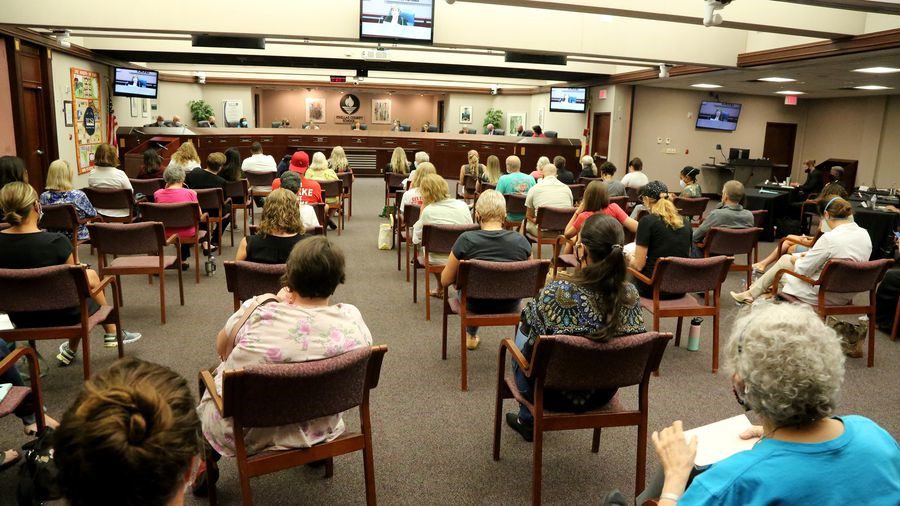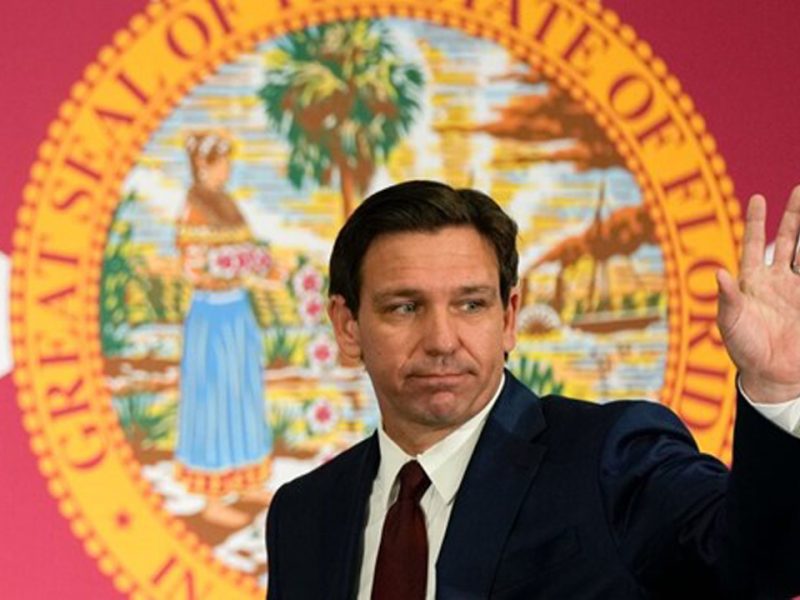
Pinellas School Board tightens public commenting rules, angering critics
Officials say the changes won’t inhibit free speech. Some resident argue they will silence opposing views.
Tampa Bay Times | By Jeffrey S. Solochek | March 24, 2022
LARGO — With limited discussion, the Pinellas County School Board decided this week to tighten its rules relating to public input during board meetings.
The move did not go over well with a couple of the community activists who have been critical of board decisions on issues including masking since the start of the pandemic.
“Shame on you,” conservative blogger David Happe told the board during its hearing on the policy amendments. “We have a First Amendment right…. You’re not going to take it away.”
Happe observed that the policy changes will give the board chairperson authority to interrupt speakers deemed to be interfering with the orderly process of the meeting. They also will allow the chairperson to stop comments considered to be “harassing.”
He argued the additional language will have the effect of chilling residents’ rights to speak freely on public business.
State law (chapter 286.0114) requires boards to provide the public a “reasonable opportunity” to be heard on matters under consideration for official action. It also states a board may set rules by which it receives input, and that it may maintain “orderly conduct or proper decorum” during its meetings.
“We’re not going to take this from our elected officials,” Happe said. “We are going to sue and we’re not going to settle.”
Largo parent Dulce Gonzalez complained about the board’s recent decision to stop livestreaming public comment on items that do not appear on the meeting action agenda. That issue was not part of the policy, but is tied to the procedures the board set to implement the rule.
“What you’ve done is just shut out the public,” Gonzalez said. “Any infringement of our First Amendment rights is not right.”
She suggested the board is running scared of public opposition to its decisions, and argued that the board instead should listen and consider a wider variety of views.
Board members did not comment about the rule before their vote, except when Caprice Edmond noted that the policy did not discuss livestreaming. In the past, members have said they are not stopping residents from speaking to the board, or recording the comments and sharing them on social media.
David Koperski, the board’s lawyer, said the policy changes are meant to clarify the process and align the district with state law. He noted that proposals such as shortening the time for speakers were discussed but not added to the guideline.
Districts in other parts of Florida have taken more extreme measures to limit public comment at meetings.





